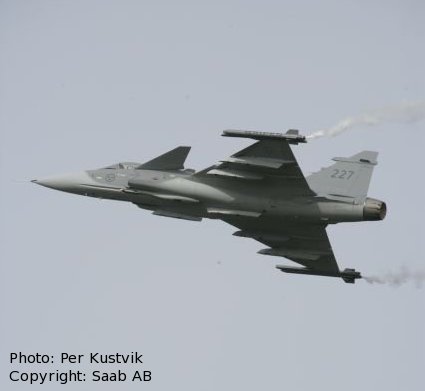System Identification of Aerial Vehicles

Development of a control system for an aerial vehicle is usually done based on models of the flight mechanical characteristics. The models can be obtained using first principles, design specifications and advanced simulations or using data from wind tunnel experiments and flight tests. This subproject concerns system identification, i.e., data-based modeling where some or all model properties are estimated from data.
Several issues concerning system identification and parameter estimation for aerodynamic modeling are investigated in this subproject. The main objective is to develop reliable methods that can be used to estimate accurate models from flight test data in an efficient and objective way. It turns out that the aerial vehicles application poses a number of interesting challenges, e.g., closed-loop data from nonlinear and unstable systems, low signal to noise ratios in some flight tests and multiple input multiple output systems with low excitation levels in some of the inputs.
One potential commercial benefit of this subproject is that the developed methods could be used to make the flight test data modeling process more efficient. More accurate models might also result in less conservative control laws, i.e., an overall system with higher performance.
Key topics:
- Aerodynamic model structures suitable for control design.
- Design of flight tests in order to give useful and relevant data for the modeling process.
- Evaluation of information content during flight tests.
- Analysis of methods and issues for nonlinear closed-loop systems.
- Robustness with respect to disturbances with varying and partly unknown properties.

